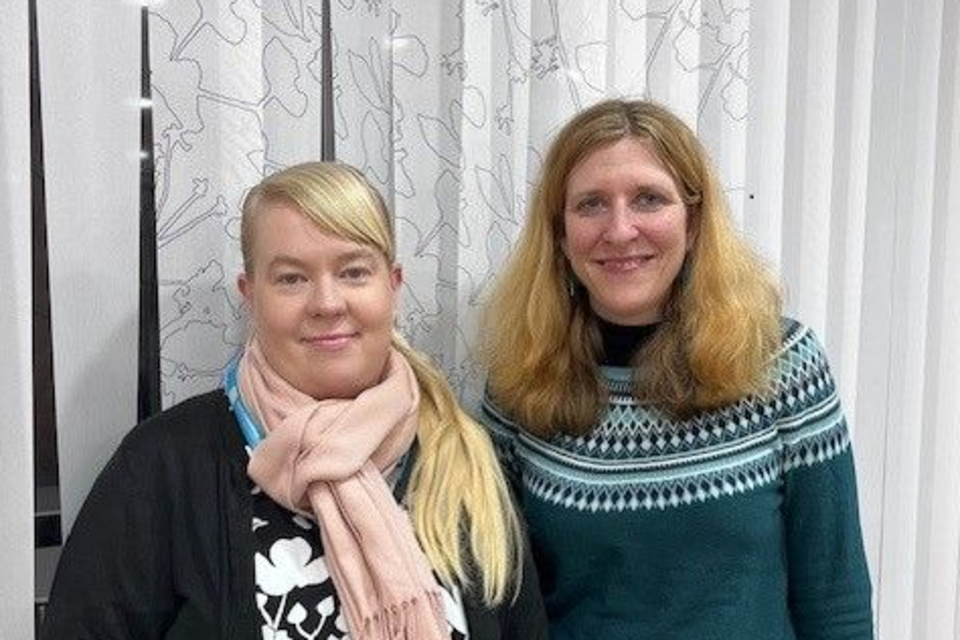Great potential for international staff exchanges in higher education, but processes can still be improved
In a meeting between experts from Laurea and TH Köln, the current state of internationalization in higher education was discussed, and plans were made to increase staff mobility.

Experts from Laurea University of Applied Sciences and TH Köln – University of Applied Sciences, members of the European PIONEER university alliance, met in Finland in mid-January 2025. Discussions focused on the current state and future prospects of internationalisation at the two partner universities, as well as on the drivers, opportunities and challenges of internationalisation. The direction of European higher education in a global environment was also discussed. Particular attention was paid to improving the opportunities for teaching and RDI staff to participate in international mobility as well as to increasing the number of staff exchanges between European partner universities.
- Staff mobility to a partner university is an excellent way to enhance your professional understanding, to learn about higher education in another country in your area of expertise and to expand your international networks, says Martina Brüderle, Deputy Director for International Affairs at TH Köln, who visited Laurea for two days.
Both Laurea and TH Köln have realised that simply informing staff about international exchanges of teachers and experts is not enough, but that more systematic management is needed to ensure the quality and effectiveness of reciprocal staff mobility.
- We have a new organisational structure at Laurea from the beginning of this year, which is a great opportunity to start developing the coordination of these staff mobility issues within the institution, says Sini Aalto-Friman, Senior Specialist for International Affairs at Laurea.
Experts from Laurea and TH Köln also considered what it will require to organise international exchanges of teachers and experts between the ten PIONEER universities in the coming years.
- Currently, each PIONEER partner has its own administrative processes, timetables and procedures for organising international mobility. If staff mobility between PIONEER universities is to be increased, their schedules need to be synchronised and their processes made more harmonised, says Mika Launikari, Laurea's institutional coordinator for PIONEER cooperation.
The way internationalisation contributes to staff diversity and a welcoming culture in higher education was also discussed as part of international mobility and its impact on the development of expertise and personal growth.
- At TH Köln, we are convinced that the cooperation of the PIONEER Alliance will strengthen the international and intercultural competences of staff as well as their language skills. We had a fruitful exchange of ideas with Laurea's Human Resources experts on how to support our staff members in questions of international exchange and intercultural interaction, sums up Brüderle.
The meeting concluded that the two European Universities of Applied Sciences - Laurea and TH Köln - have a lot of common ground in terms of study fields and programmes, RDI activities, ecosystem cooperation and staff development. This all creates favourable conditions for mutually beneficial exchange of information, joint development, strategic management and leadership, and above all, for a more broad-based involvement of staff in European higher education cooperation, including the creation of joint study programmes and RDI projects, as well as responding to the needs of regional stakeholders.
Read more about Laurea University of Applied Sciences' staff mobility here.
Read more about TH Köln's staff mobility here.
Read more about the PIONEER Alliance
More information:
- Mika Launikari
- Mika.Launikari@laurea.fi
- Tel +358503442976
- At Laurea, Mika is involved in international higher education cooperation, incl. the European University Alliance PIONEER, and competence development in the area of transformative leadership.